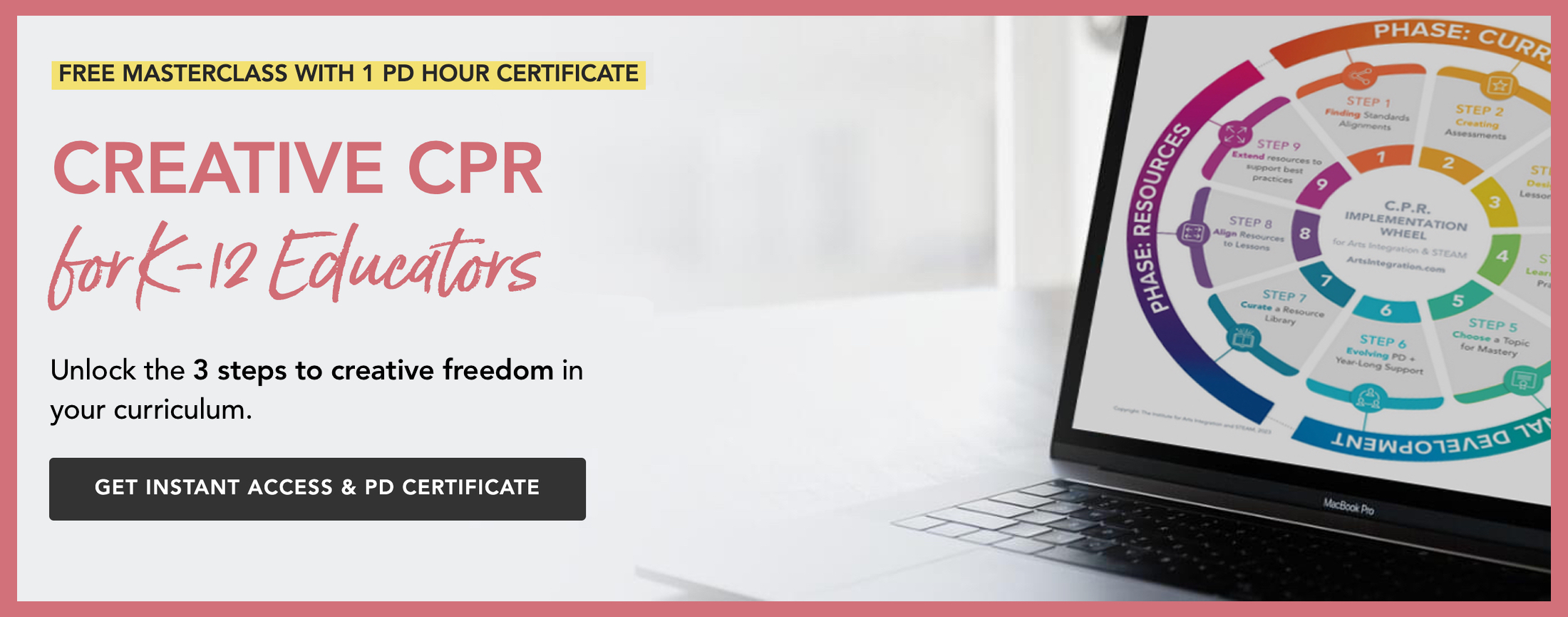Music: Communicate, Emote, Evoke
3 Min Read • Music
Ah, Facebook. I don’t generally spend much time on Facebook and much to the chagrin of my friends on the east coast, I don’t do a great deal of posting about my life. However, I do love the little treasures that I encounter now and then. This is one of those times. In browsing, I watched a clip from 60 Minutes that someone posted about a man named Derek Paravicini who had been born more than 3 months prematurely. It left him blind and with brain damage that keeps him from even knowing how old he is but that somehow has still allowed him to be a musical genius. He plays the piano and remembers any song he’s ever heard. He is a savant and watching his story is nothing short of amazing.
I realize I am preaching to the choir here at Education Closet and I know that I have touched on some of these topics in my articles before but I was really struck by a number of things in this story. This piece illustrates so strongly several important benefits of music. The first of which is how music allowed Derek to begin to communicate – to have a musical conversation with his teacher, Adam Ockelford. And once Derek started performing, he had a whole new avenue for communicating. His teacher states how this boy lit up, trembling with excitement the first time he played for a crowd in a concert hall hearing the applause of the audience.
Not only that, but over time he was able to take requests from the audience getting a song title, a key, and a style for the song. Right on the spot, Derek was able to interact with the audience and improvise a piece to the specifications of the audience much like a comedy improvisation troupe. After the show, Derek would greet the audience further deepening this new relationship and endearing him to his audience.
At one point in the interview, his teacher remarked that he seemed to be learning emotions via the music he heard, learned and played. His teacher pointed out that this is usually the other way around – that people know and understand emotions and then connect to a piece by the emotions that it evokes. A composer can create music to convey a certain emotion but the teacher was suggesting this man learns emotions via the music. “All the things we normally do with words, Derek did with notes.”
Derek has even gone on to connect to unique audiences with his music. Music therapists use music to reach different kinds of people including people with autism or other disabilities. They also use music to reach patients suffering from dementia or Alzheimers. Music can often draw people out and even get adults who no longer communicate well to begin to sing. Because Derek remembers every song he’s ever learned, they state in the piece that he is a human jukebox. He can respond to requests on the spot and communicate with these seniors in a very special way.
Derek’s story is so amazing that he and his teacher even participated in TED Talks. Having watched both these clips about Derek and hearing the amazing way that music has allowed him to communicate with others, learn about emotions and stir the emotions of others, and evoke memories and language in seniors I am further reminded how crucial it is that all students receive a music education. It will make everyone’s lives better but it could literally change a student’s life forever.



